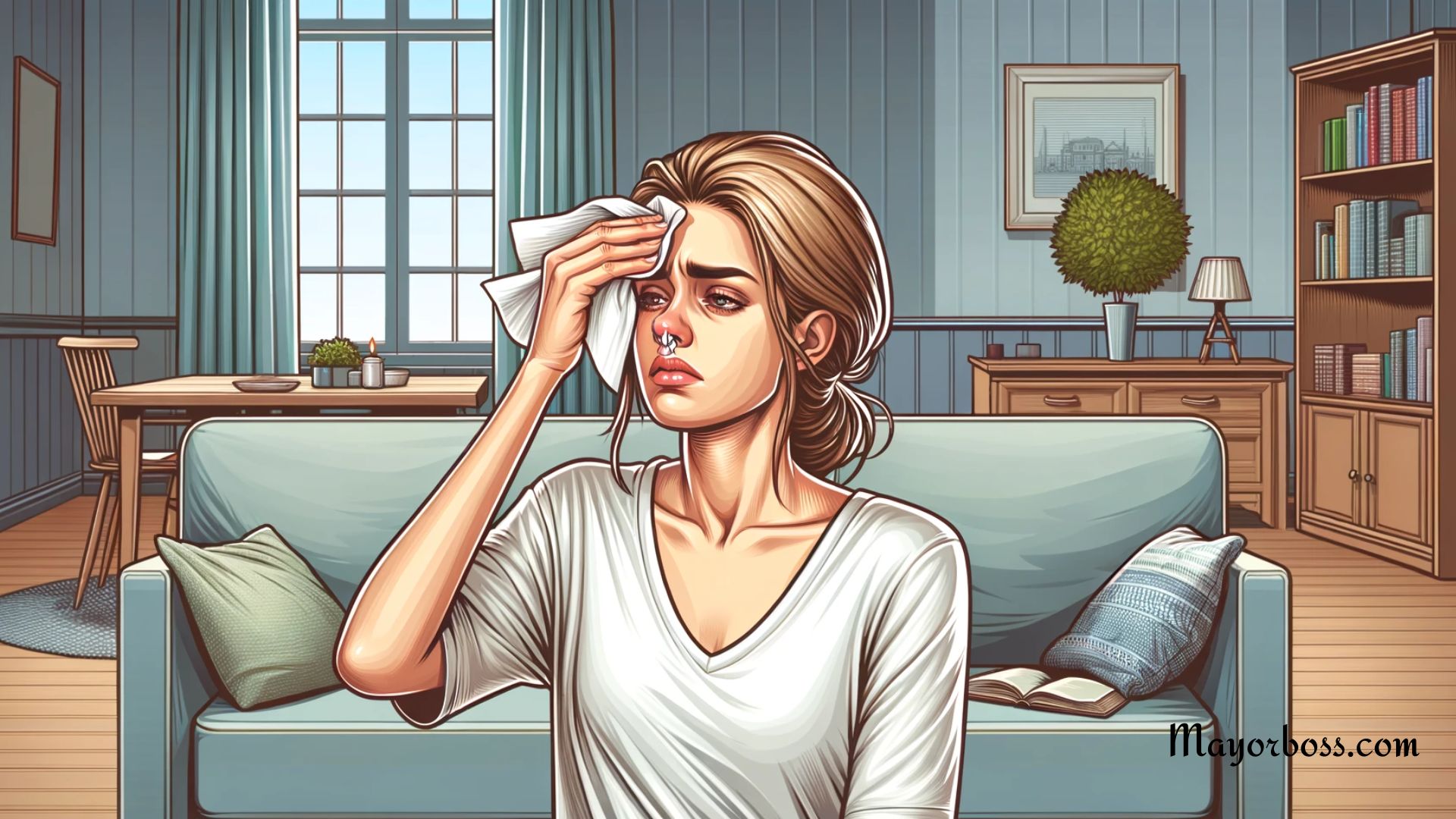Feeling Dizzy After Nose-Blowing? Here’s What Your Body’s Telling You
Have you ever experienced dizziness after blowing your nose? It might seem strange, but it’s a reaction your body can have. Let’s dive into why this happens and what it means for you.

What Causes Dizziness When Blowing Your Nose?
The Connection Between Your Ears and Nose
First, it’s crucial to understand the link between your ears and nose. They’re part of the same system – the ear, nose, and throat (ENT) system. When you blow your nose, the pressure in this system can change.
Pressure Changes in Your Sinuses and Ears
While blowing your nose, you’re increasing the pressure in your nasal passages and sinuses. This pressure change can also affect your ears. Specifically, it can impact the Eustachian tubes, which are small passages that connect your middle ear to the back of your nose.
Valsalva Maneuver: A Key Player
When you blow your nose hard, you’re essentially performing a Valsalva maneuver. This is when you forcefully exhale with your mouth and nose closed, increasing pressure in your chest. This can briefly disrupt blood flow to your heart and brain, leading to a moment of dizziness.
Understanding the Dizziness
Temporary Blood Flow Changes
When you perform the Valsalva maneuver, the change in pressure can momentarily reduce blood flow to your brain. This reduction can make you feel dizzy or lightheaded.
Inner Ear Pressure
The inner ear is sensitive to pressure changes. Since it’s responsible for balance, any disruption, like a sudden pressure change, can cause dizziness.
When Should You Worry?
Generally, feeling dizzy after blowing your nose isn’t a major concern. It’s usually temporary and resolves on its own. However, there are times when you should pay more attention:
Persistent or Severe Dizziness
If the dizziness is severe or lasts for a long time, you should consult a healthcare professional. It could indicate a more serious issue, like an inner ear problem.
Accompanying Symptoms
Watch out for other symptoms like hearing loss, severe headache, or nosebleeds. These could be signs of a more significant problem requiring medical attention.
How to Avoid Dizziness When Blowing Your Nose
Blow Gently
Avoid blowing your nose too hard. Try to blow gently to reduce the pressure change in your ears and sinuses.
One Nostril at a Time
Try blowing one nostril at a time. This technique can help minimize the pressure changes in your nasal passages.
Stay Hydrated
Keeping hydrated can help thin the mucus, making it easier to blow your nose without exerting too much pressure.
Use Saline Sprays
Saline nasal sprays can help moisten your nasal passages and thin mucus, reducing the need for forceful nose-blowing.
So, whenever you feel a bit dizzy after blowing your nose, remember it’s a common reaction due to pressure changes in your ENT system. However, always keep an eye on the severity and duration of the dizziness, and consult your doctor if it persists or is accompanied by other concerning symptoms. Stay gentle with your nose-blowing technique, and take care of your ENT health!
